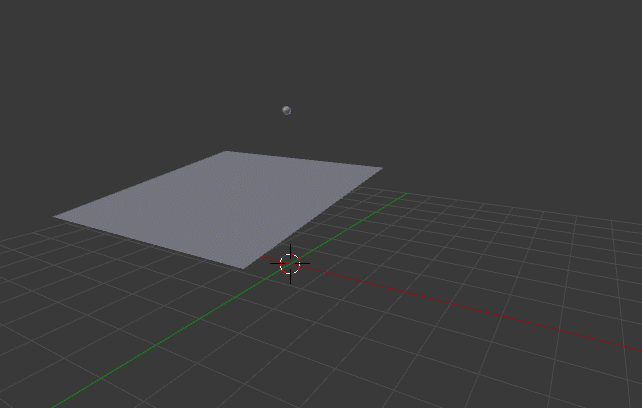I want to duplicate an object along with it's animation but I want to use the duplicated object(s) somewhere else in the scene. Is this possible? I guess I would need to maintain the animation locally to the duplicated object but not sure how that works.
For example a ball rolling on it's x-axis is duplicated with it's animation. I want to move that duplicated ball so that it is the same animation but rolling on the y-axis.

